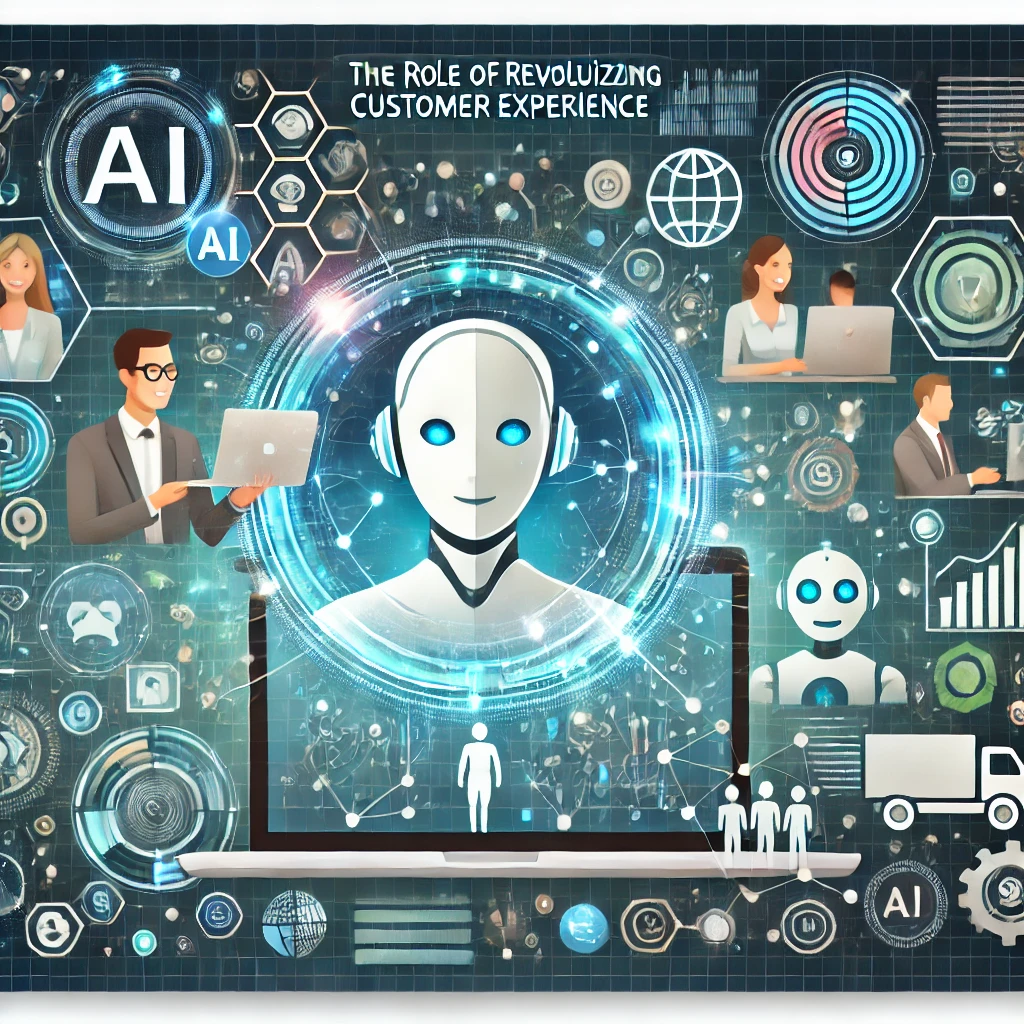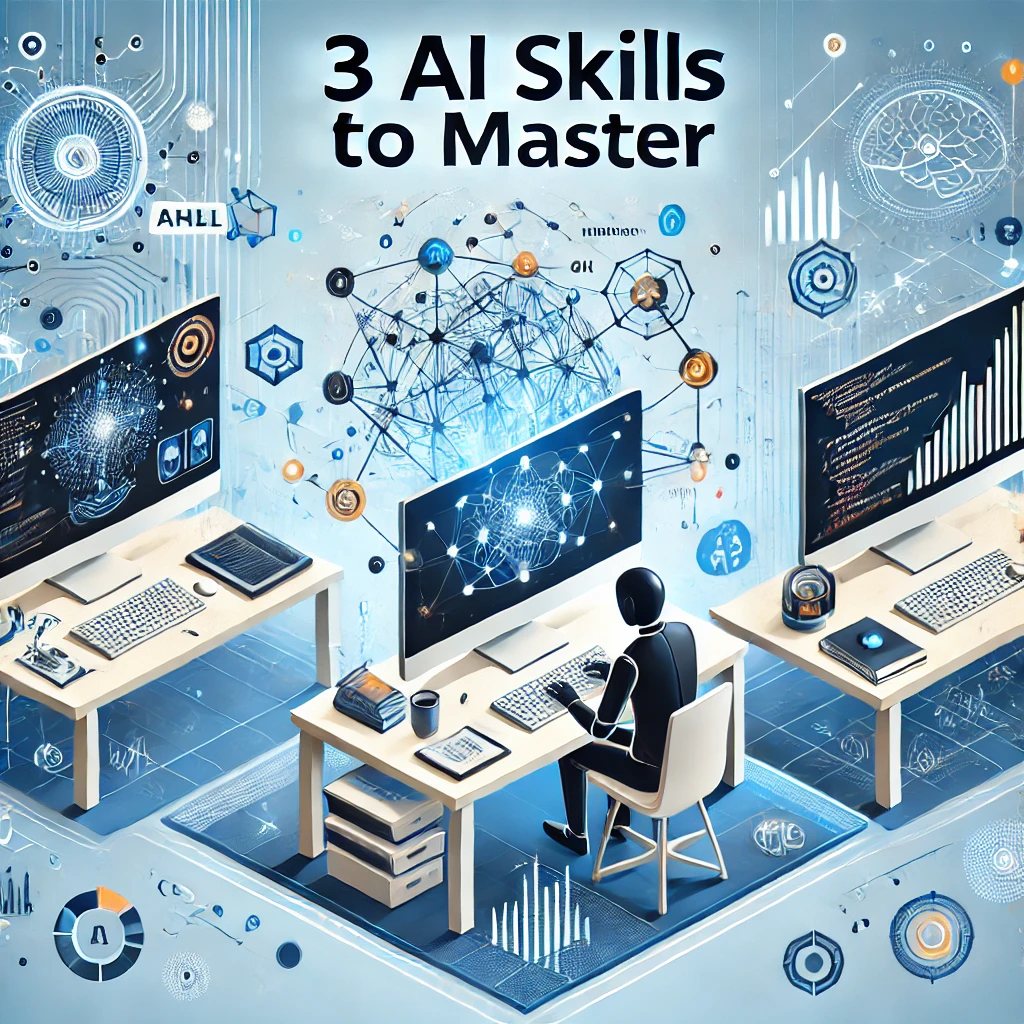In today’s highly competitive marketplace, customer experience (CX) has become a critical differentiator for businesses. Artificial Intelligence (AI) is playing a transformative role in reshaping how companies interact with their customers, offering personalized, efficient, and scalable solutions. Let’s explore how AI is revolutionizing customer experience across various domains.
1. Personalization at Scale
AI enables businesses to deliver highly personalized experiences by analyzing vast amounts of customer data. This personalization extends beyond simple recommendations to anticipating customer needs in real-time.
- Recommendation Engines: AI algorithms analyze user behavior to suggest products, services, or content tailored to individual preferences. Examples include Netflix’s content recommendations and Amazon’s product suggestions.
- Dynamic Content: Websites and emails dynamically adjust content based on customer profiles, ensuring relevance.
- Predictive Insights: AI forecasts customer needs and behaviors, enabling proactive engagement.
Real-World Example:
Spotify uses AI to curate playlists like “Discover Weekly,” offering a personalized music experience for every user.
2. AI-Powered Customer Support
AI-driven tools like chatbots and virtual assistants have transformed customer support by providing instant, 24/7 assistance.
- Chatbots: AI chatbots like those powered by GPT handle a wide range of queries, reducing response times and freeing up human agents for complex issues.
- Voice Assistants: Virtual assistants such as Siri or Alexa enhance user interactions by understanding and responding to natural language commands.
- Sentiment Analysis: AI tools detect customer emotions during interactions, enabling businesses to respond empathetically.
Real-World Example:
HDFC Bank’s EVA (Electronic Virtual Assistant) has answered millions of customer queries with high accuracy, significantly reducing wait times.
3. Automation and Efficiency
AI streamlines workflows and automates repetitive tasks, ensuring faster and more efficient customer service.
- Automated Ticketing: AI categorizes and prioritizes support tickets for quicker resolution.
- Voice-to-Text Transcription: Contact centers use AI to transcribe calls, enabling better analysis and training.
- Process Automation: Robotic Process Automation (RPA) powered by AI accelerates back-office operations.
Real-World Example:
Zendesk uses AI to triage customer support tickets, ensuring high-priority issues are addressed promptly.
4. Improved Customer Insights
AI provides businesses with deeper insights into customer behavior and preferences, allowing for data-driven decision-making.
- Customer Segmentation: AI clusters customers into segments based on shared characteristics, enabling targeted marketing.
- Behavioral Analytics: AI tracks user behavior to identify patterns and opportunities for improvement.
- Feedback Analysis: Tools like Natural Language Processing (NLP) analyze customer reviews and surveys to extract actionable insights.
Real-World Example:
Coca-Cola uses AI to analyze customer feedback and social media mentions, tailoring campaigns to match consumer sentiment.
Challenges and Ethical Considerations
Despite its benefits, implementing AI in customer experience poses challenges:
Over-Reliance on Automation: Maintaining a balance between AI tools and human touch.
Data Privacy: Ensuring compliance with regulations like GDPR while using customer data for AI-driven personalization.
Bias in AI: Addressing algorithmic bias to ensure fairness in customer interactions.
Conclusion
AI is undeniably transforming the customer experience landscape. By enabling personalization, enhancing support, and improving efficiency, AI empowers businesses to build stronger relationships with their customers. As AI technology continues to evolve, its integration into customer experience strategies will become even more critical, shaping the future of how companies engage with their audiences.




